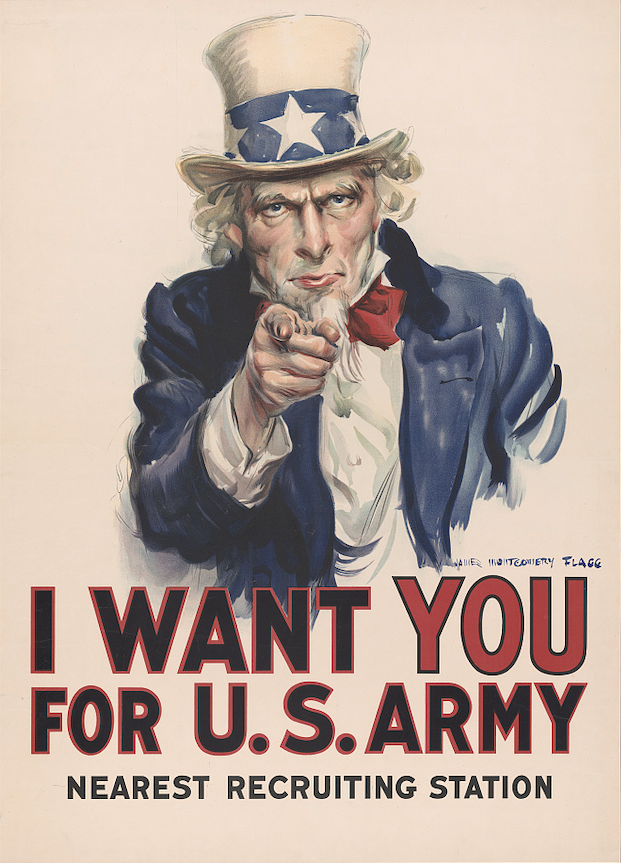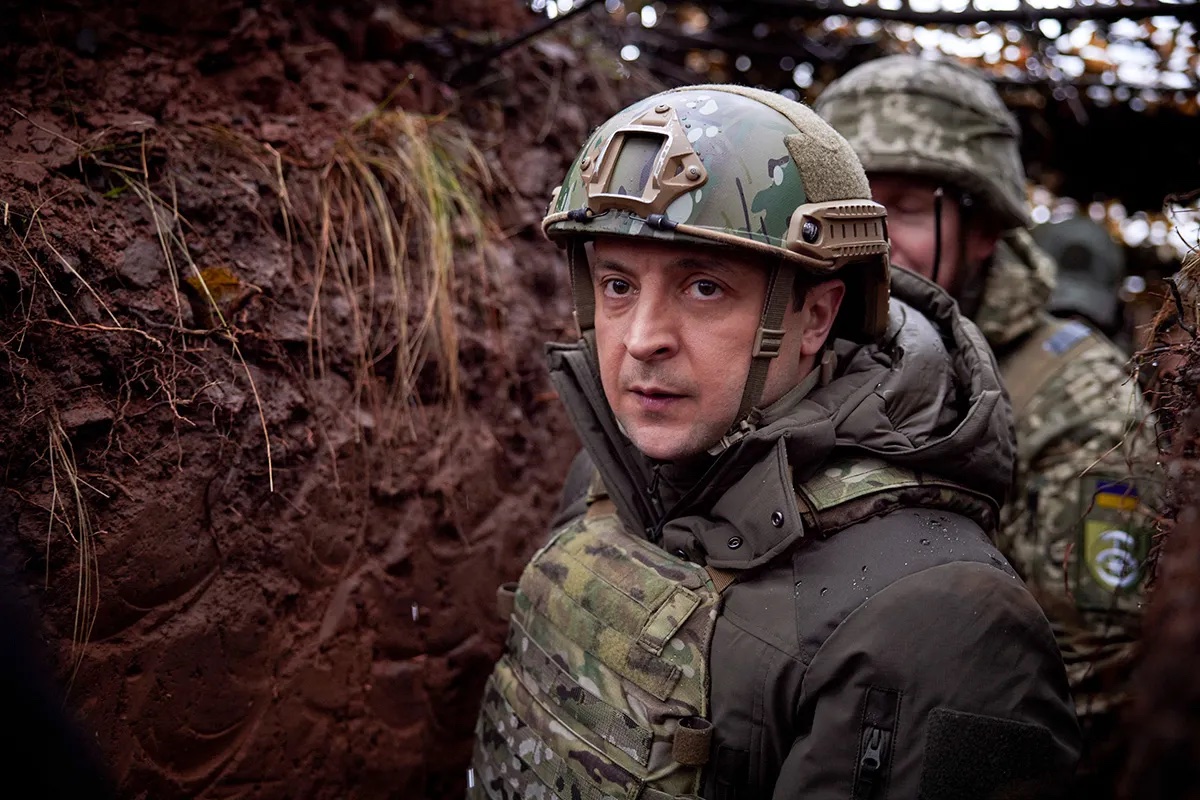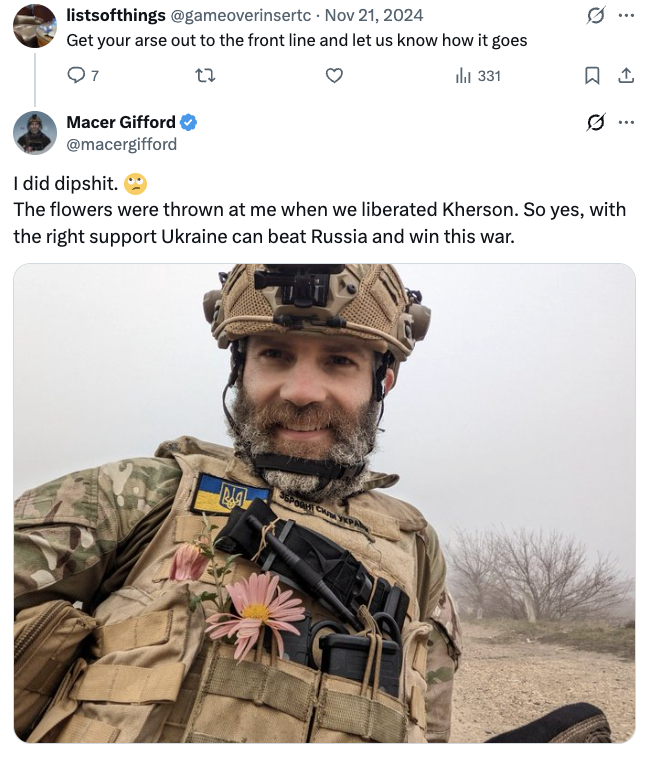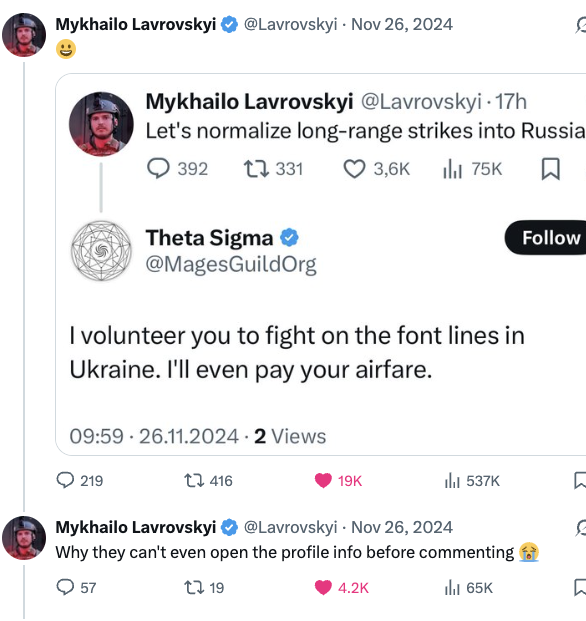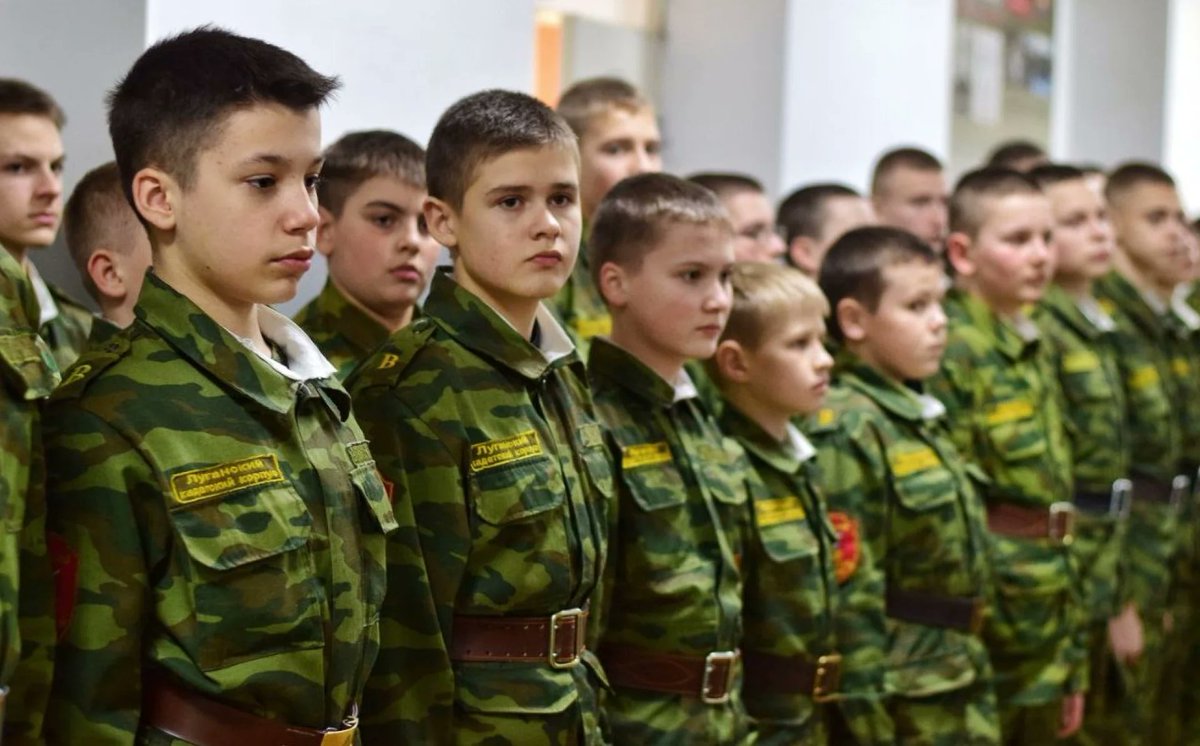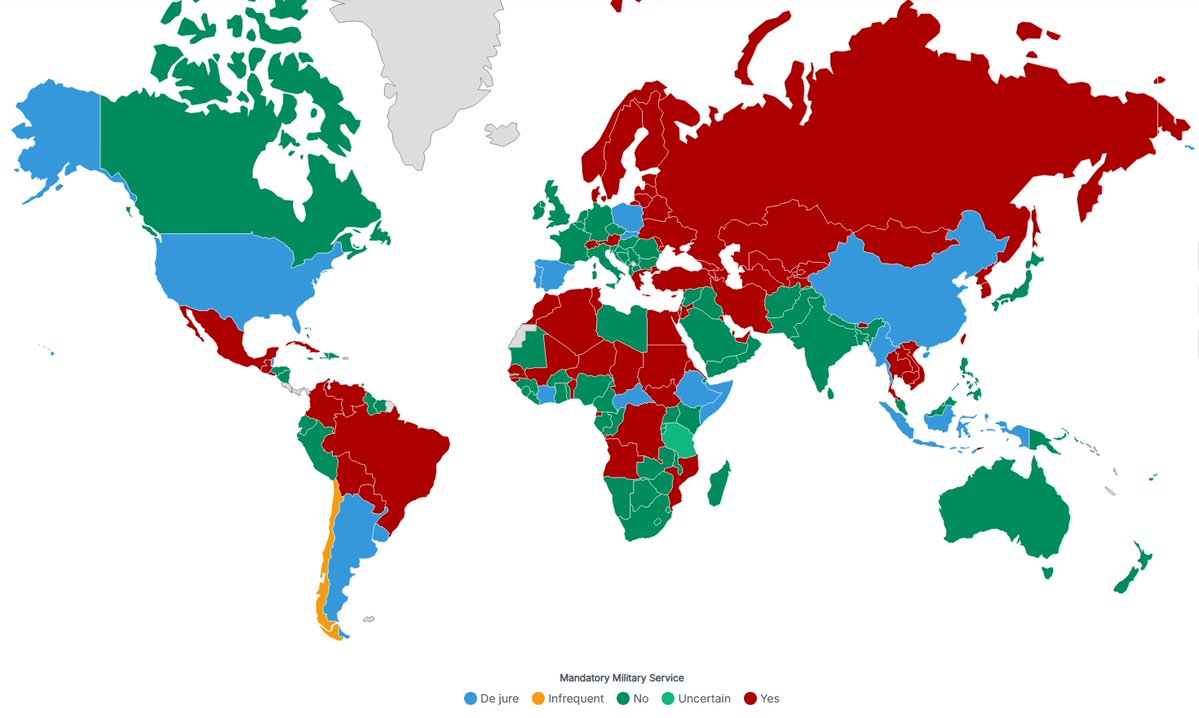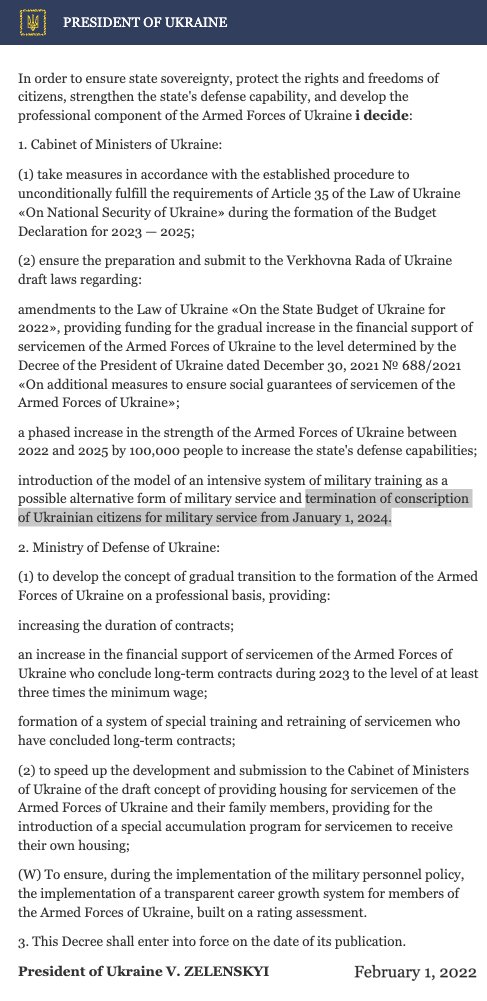In today's #vatniksoup, I'll talk about post-truth politics and how they have changed our society - in my opinion - for worse. This analysis relies heavily on the work done by academic John Hartley, and by journalist Adam Curtis.
1/22
1/22

Post-truth politics refers to a political culture where the distinction between what's true and what's false has become almost irrelevant. This has created a political culture where instead of stating facts, the debaters appeal to the audience's emotions.
2/22
2/22
Of course, there was nothing new in politicians lying to people (that's just called "politics"), but at some point the people stopped caring about the factuality of these claims, and focused more on how it made them FEEL.
3/22
3/22
Nowadays, when talking about post-truth politics, it is usually in connection with the 2016 US presidential election and with the Brexit referendum of 2016. 2016 was actually the year when the word "post-truth" was added to the Oxford Dictionary.
4/22
4/22

It's also closely connected to the social media networks that enabled fast, large-scale distribution of propaganda and disinformation - a system that was weaponized by the Kremlin with their "firehose of falsehood" approach.
5/22
5/22

But the post-truth society had been reality in the USSR for decades. By the mid 80s, there was no connection between the USSR leadership's propaganda and the everyday life the common folk lived - the Soviet Union had become a society where no one believed in anything.
6/22
6/22
With the words of Adam Curtis: "The Soviet Union became a society where everyone knew that what their leaders said, was not real, because they could see with their own eyes, that the economy was falling apart". But the Soviet system made everyone to play along and pretend..
7/22
7/22

..that it was real, because nobody could come up with any alternative.
The Russians and the Soviets even have a word for these "transparent lies": vranyo. It dates back to the Mongol rule, when violence and lying was a way to survive under their harsh rule.
8/22
The Russians and the Soviets even have a word for these "transparent lies": vranyo. It dates back to the Mongol rule, when violence and lying was a way to survive under their harsh rule.
8/22

Journalist and author Elena Gorokhova defined vranyo as follows: someone lies to us, we know that they're lying, they know that we know, and they keep on lying anyway, while we pretend to believe them. Vranyo, a tactical lie, has been used constantly by the Kremlin during...
9/22
9/22

..the Russo-Ukrainian War, and will be used in the future, too. Russian casualties, Skripali and Navalny poisonings, Ukrainian "Nazis", bioweapons labs in Ukraine... we all know that these are lies, but some pretend otherwise. In Russia, truth has "shades of grey", whereas..10/22
..in the West we think more in black and white - something is either true or false. Again, Russians used these "shades of grey" against us with their "firehose of falsehood" approach of online propaganda.
But the US and its security services also came up with their own...
11/22
But the US and its security services also came up with their own...
11/22
...system of utilizing half-truths: perception management. Perception management focuses on creating "desired reality" where some facts are taken into account and others are ignored. This strategy was used by Reagan administration against Muammar Gaddafi in the mid-80s,...
12/22
12/22
...and by the Bush administration against Saddam Hussein in 2003. With the perception management, the authorities could create dramatic stories that grabbed people's attention, but often had little to do with reality itself.
13/22
13/22

Then,in Jun 2015,while starting his presidential campaign,Donald Trump and his campaign workers weaponized the post-truth politics on a whole new level in the US.Of course his pathological lying had started long before,going back to his real estate days starting in the 70's.14/22 

In a sense, Trump was the perfect candidate for Russia to support, as he was the epitome of vranyo. Journalist Susany Mulcahy stated that "he was full of crap 90 percent of the time". Trump Organization's executive vice president, Barbara Res, said that ...
15/22
15/22
..."after a while, no one believed a single word he would say".
After becoming the President, Trump's lying became so common that the Washington Post started tracking the factuality of his statements with their fact-checking department.
16/22
After becoming the President, Trump's lying became so common that the Washington Post started tracking the factuality of his statements with their fact-checking department.
16/22
By Jan 2021, Trump had lied over 30 000 times during his term as the President. This amounted to approximately 21 lies per day. This lying continued after the 2020 US presidential election, when Trump and his gang tried to overturn the election results in his favor.
17/22
17/22

Many journalists and academics referred to this strategy as the "big lie" propaganda technique - the term was coined by Hitler for lie so big, that no one dared to dispute it. Even though it was somewhat novel technique in the US, it had been used in Russia/USSR for decades.18/22 
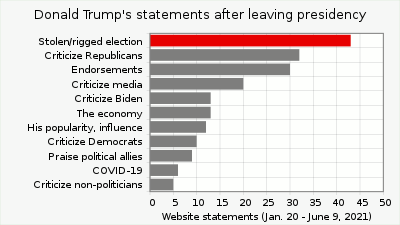
As the Russians and Mr. Trump have shown, social media is a powerful tool for propagating tactical lies. In their 2018 study, Vosoughi et al. showed that fake news spread 6 times faster than truthful news.
19/22
19/22

The study also excluded the use of automated bots, which probably increase this multiplier even further. Social media companies have been criticized for this, and platforms like Facebook have launched their own fact-checking services to decrease the spread of disinformation.20/22 



Elon has taken a different approach with Twitter - he's called for more "balanced" approach that some call the "marketplace of ideas". The idea with this approach is that the truth will eventually emerge from the competition of ideas in free and transparent public debate.
21/22
21/22

So far, this "balancing act" has so far resulted in increase in fake accounts, in the reinstatement of various prominent and literal neo-Nazi and other accounts with extreme views, and in the departure of both NPR and PBS.
And all this for just 8 dollars a month.
22/22


And all this for just 8 dollars a month.
22/22



Support my work: buymeacoffee.com/PKallioniemi
Past soups: vatniksoup.com
Related soups:
Russkiy Mir:
Russian narratives:
Russiagate:
Paul Manafort:
Past soups: vatniksoup.com
Related soups:
Russkiy Mir:
https://twitter.com/P_Kallioniemi/status/1605841722784632833
Russian narratives:
https://twitter.com/P_Kallioniemi/status/1634168118992949251
Russiagate:
https://twitter.com/P_Kallioniemi/status/1617852982095405056
Paul Manafort:
https://twitter.com/P_Kallioniemi/status/1622213798403739649
• • •
Missing some Tweet in this thread? You can try to
force a refresh


